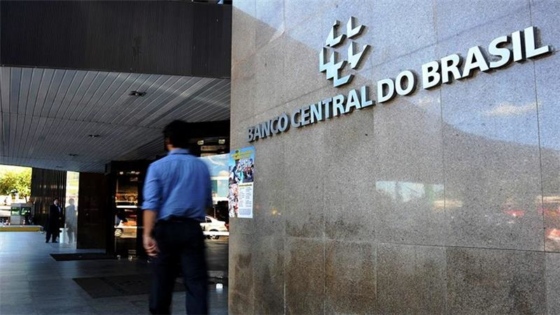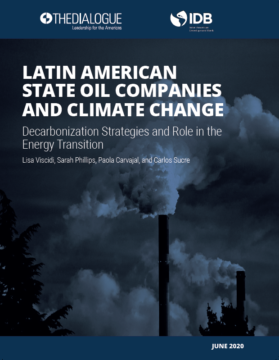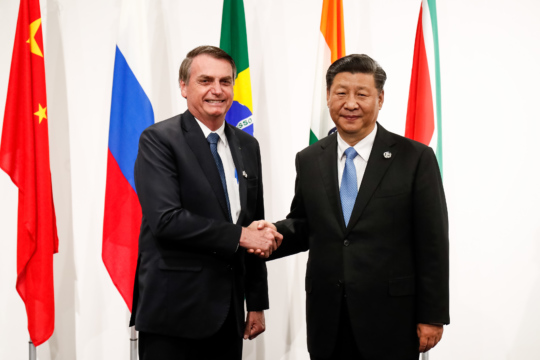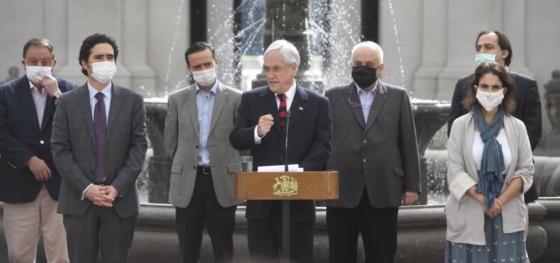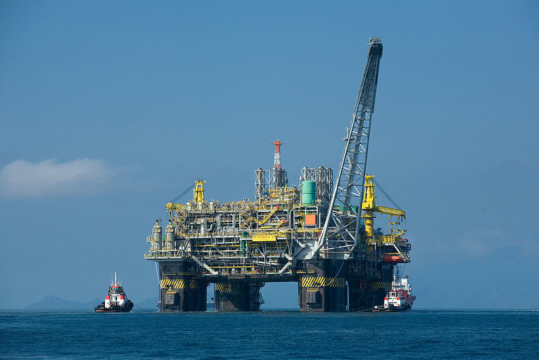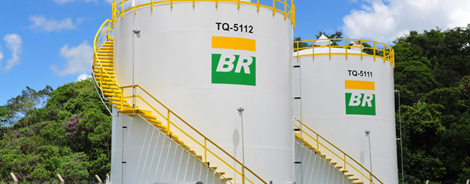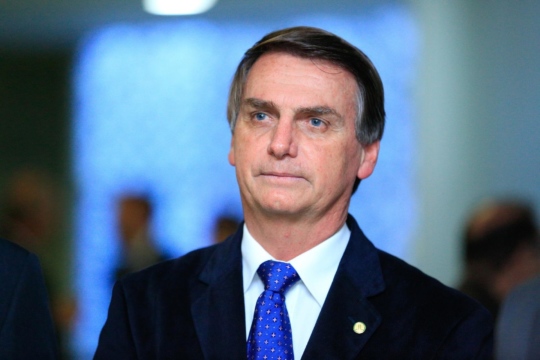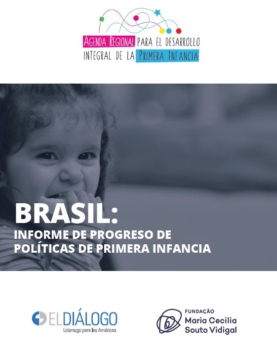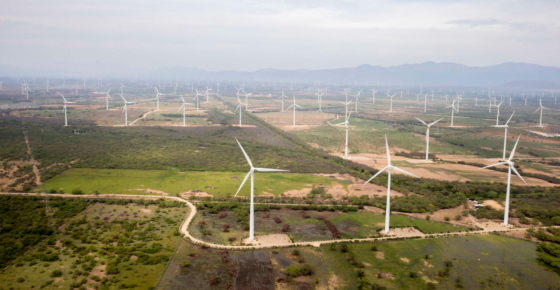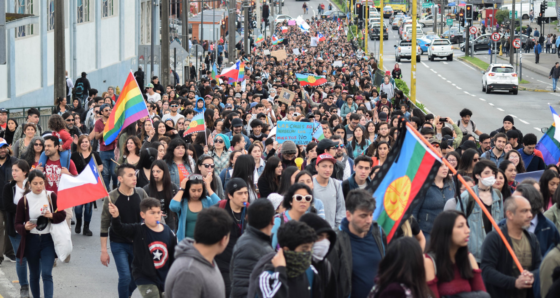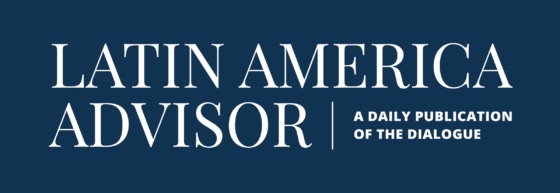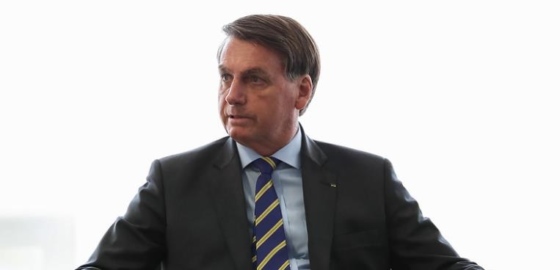
Is Brazil’s Military Getting Too Involved in Domestic Politics?
A Latin America Advisor Q&A featuring experts’ takes on the clash of democratic institutions in Brazil under President Jair Bolsonaro.
A Latin America Advisor Q&A featuring experts’ takes on the clash of democratic institutions in Brazil under President Jair Bolsonaro.
A Latin America Advisor Q&A featuring experts’ takes on the likelihood of police reform in the region following protests against racism and police brutality.
A Financial Services Advisor Q&A featuring experts’ takes on new open banking rules in Brazil and what it means for the sector.
Latin American national oil companies (NOCs) have made important advances in slashing emissions from their operations through techniques such as reducing flaring, improving energy efficiency, and injecting CO2 for enhanced oil recovery, according to a new report by the Inter-American Dialogue and the Inter-American Development Bank. Yet, progress in producing lower carbon energy sources for consumers has been sluggish, no Latin American NOC has committed to net zero emissions, and for some companies emissions are on the rise, the report finds.
The sustained success of China’s model, despite its often-referenced drawbacks, will force a continued referendum on democracy. Even the strongest of democratic systems will be forced to confront their vulnerabilities and inefficiencies.
Some governments in Latin America imposed early preventive measures and mobilized health systems to meet the threat of Covid-19. Meanwhile, others with populist national leaders have done very little to prepare for or otherwise mitigate the epidemic.
The 41 percent drop in China’s first quarter GDP, compounded by the global oil price rout, has been something of a worst case scenario for the region’s producers.
What consequences does the global context—with both lower prices and falling demand—have on Petrobras’ long-term strategies and on Brazil’s oil and gas sector in general?
A Latin America Advisor Q&A featuring experts’ viewpoints on the development of indigenous land in Brazil.
Childhood development has been gaining traction in recent years and is increasingly present in the Brazilian public agenda, however improving the quality and measurement of services is still a priority. This report presents the current state of early childhood policies in Brazil.
Long-term power supply auctions are an increasingly popular instrument worldwide for attracting renewable energy investment while cutting prices, increasing energy security, and reducing emissions. Latin America has been at the forefront of using auctions to boost renewable energy capacity. This study analyzes design and outcomes of government-led long-term power auctions with participation from non-conventional renewable sources in six countries in Latin America and the Caribbean (Brazil, Chile, Mexico, Argentina, Peru, and Jamaica) since 2015.
Brazilian President Jair Bolsonaro on Wednesday completed his first year in office, one marked by international controversy over the Amazon, a slight economic recovery, political spats within his own party, as well as some significant legislative wins, including comprehensive pension reform. How well has Bolsonaro fared in his first year as Brazil’s president, and has he met voters’ expectations of change? How well is his government handling economic matters, and what should it focus on in the year ahead? To what extent has Bolsonaro’s confrontational political style helped or hindered his effectiveness in working with Brazil’s Congress?
2019 has been a tumultuous year for South America. In recent months, mass protests have swept across several countries, including major oil and gas producers Bolivia, Ecuador, Peru, and Colombia. Continued political and social turbulence will likely contribute to stagnant oil and gas production growth in these countries. Conversely, Brazil and Guyana are on track to become the region’s largest sources of supply growth.
Top content from the weekly Energy Advisor publications this year.
Top selections from the Latin America Advisor’s editorial staff of issues covering especially important developments during 2019, a remarkable year for Latin America and the Caribbean.

